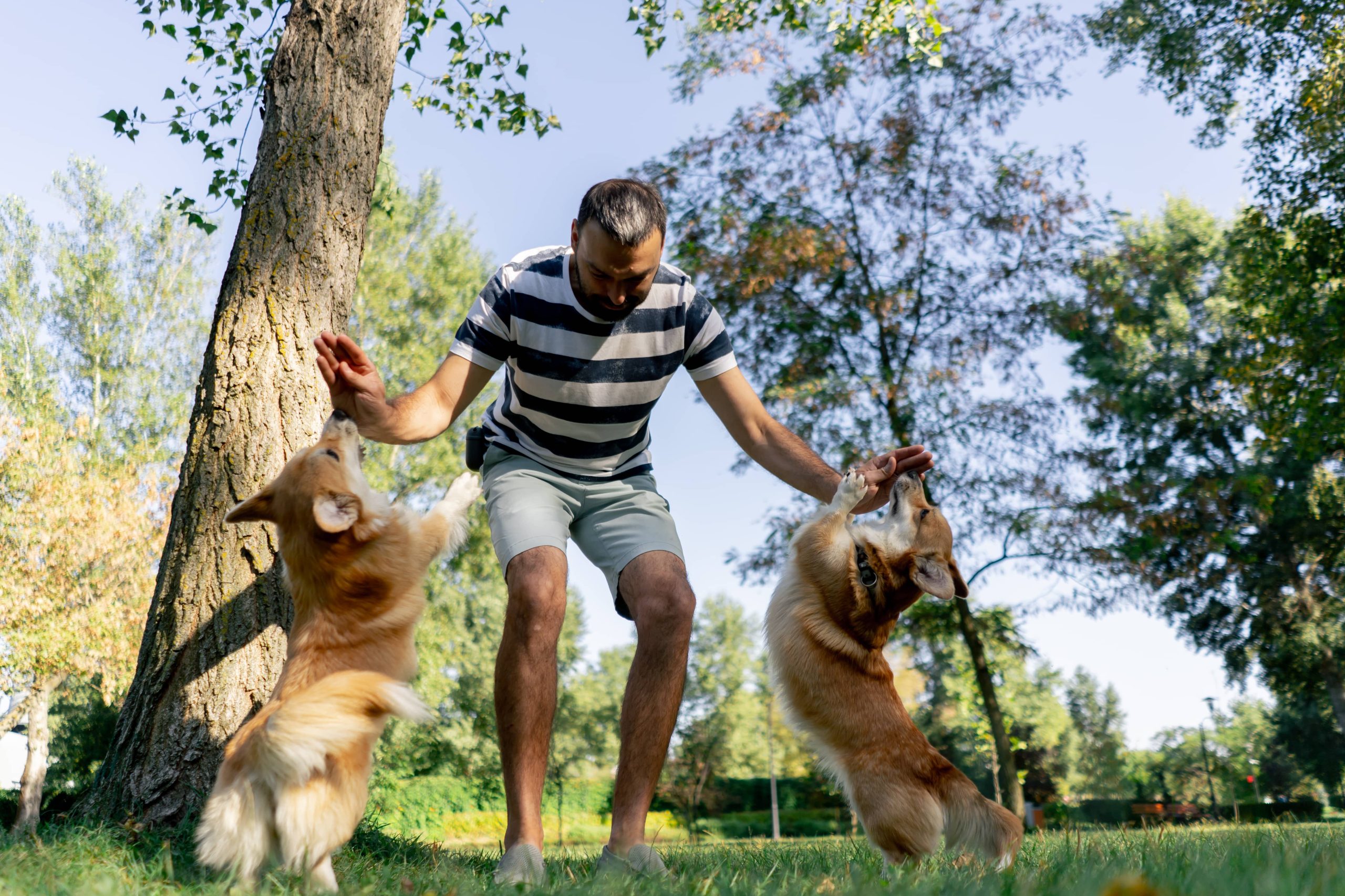
Dogs are our loyal companions, known for their unconditional love and ability to bring joy into our lives. However, as much as we adore them, some behaviors, like begging for food, can become quite bothersome. If your dog has turned into a professional beggar, it’s time to address this behavior. Here are some effective ways to prevent your dog from begging for food.
Understand Why Your Dog Begs
First, it’s important to understand why your dog might be begging. Dogs are opportunistic eaters and learned behaviorists in the human world. If they’ve been rewarded even once for begging, they’ve likely learned that it works. Begging is also a natural behavior in the wild, where animals plead with the dominant ones for food. Recognizing that this isn’t just a pesky habit but an ingrained behavior can help in addressing it.
Training Tips to Prevent Begging
1. Establish Boundaries:
Start by setting boundaries for your dog during mealtimes. Teach your dog that begging is not acceptable, and they must stay in a designated area while you eat. You can train them to stay in their bed or a specific spot until you are finished. Using commands like “stay” or “place” can reinforce this rule.
2. Ignore the Behavior:
It can be tough, especially when your pup gives you those sad, pleading eyes, but ignoring the behavior is crucial. Don’t reward your dog for begging by giving them food. If you give in even once, they’ll learn that begging sometimes works. Consistency is key.
3. Regular Feeding Schedule:
Ensure your dog is fed at regular intervals, and their diet is sufficient and balanced. A well-fed dog is less likely to beg out of hunger. Stick to the feeding schedules and avoid feeding your dog from the table.
4. Use Positive Reinforcement:
Positive reinforcement is a powerful tool in modifying any behavior. When your dog remains calm and does not beg while you eat, reward them with their favorite treat or affection after you finish eating. This teaches them that good things come to those who wait patiently.
5. Distraction Techniques:
Keeping your dog engaged during mealtimes can prevent begging. Provide chew toys, puzzles, or interactive toys that can keep them busy and divert their attention from your food. Enrichment activities can not only prevent begging but also stimulate your dog mentally and physically.
6. Teach Alternative Behaviors:
Teaching your dog alternative behaviors can be very effective. For instance, when they come to beg, divert their attention by instructing them to perform a different command such as “sit,” “down,” or “go to place”. Reward them for complying with the command instead of begging.
7. Family Plan:
Make sure everyone in the household is on the same page. If one person occasionally slips food from the table or pets the dog while begging, all your efforts can be undone. Consistency among all family members is vital to establish and maintain new, desired behavior.
8. Create a Routine:
Dogs thrive on routine. Having a structured daily routine can significantly reduce unwanted behaviors. They will begin to understand what to expect and when, including mealtimes and periods when they should stay in their designated area.
Addressing and Correcting Misbehavior
Correcting misbehavior is essential but should always be done humanely. Avoid punitive measures that can instill fear or anxiety in your pet. Instead, use firm but gentle corrections. For example, if your dog approaches the dining table, a firm “no” followed by guiding them back to their space can be effective.
When All Else Fails, Seek Professional Help
If your dog’s begging behavior persists despite your best efforts, it may be beneficial to consult a professional dog trainer or a behaviorist. Professionals can assess your dog’s behavior, identify possible underlying causes, and devise a comprehensive plan to address the issues.
Additional Tips for Success
– Consistency is Crucial: Consistency in training ensures that the rules remain clear and unambiguous to your pet.
– Patience and Persistence: Behavior modification takes time. Be patient with your dog as they learn new behaviors.
– Reward-Based Training: Always use reward-based training methods to promote a positive relationship with your dog.
Final Thoughts
Having a dog that begs for food can be frustrating, but it’s a behavior that can be corrected with the right approach. Understanding why your dog begs and using consistent training methods to set boundaries will go a long way in preventing this behavior. Remember, patience and consistency are key. By ignoring the behavior, setting up a regular feeding schedule, and rewarding calm and patient behavior, you’ll soon have a more well-mannered pup. Above all, always ensure your dog feels loved and secure, because a happy pet is a well-behaved pet.
Preventing your dog from begging for food will not only make mealtime more pleasant but also promote healthier habits and a stronger bond between you and your pet. Happy training!






